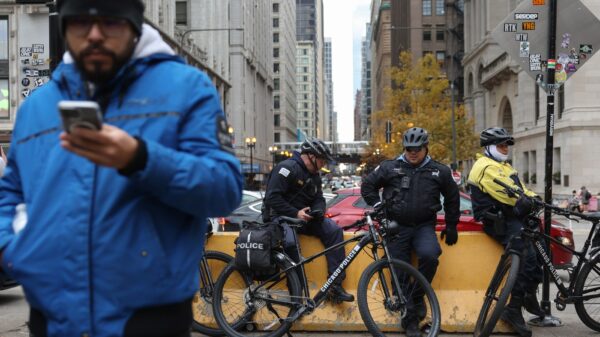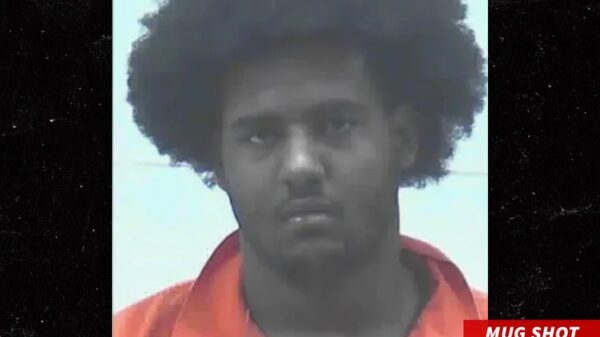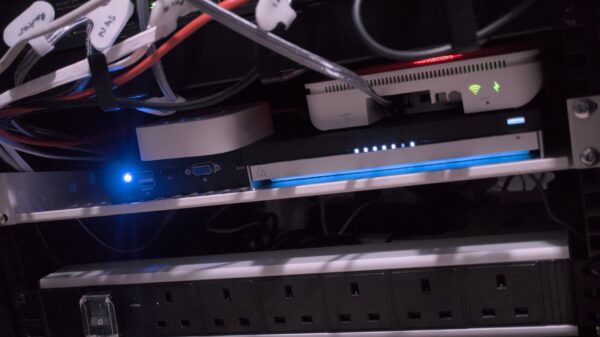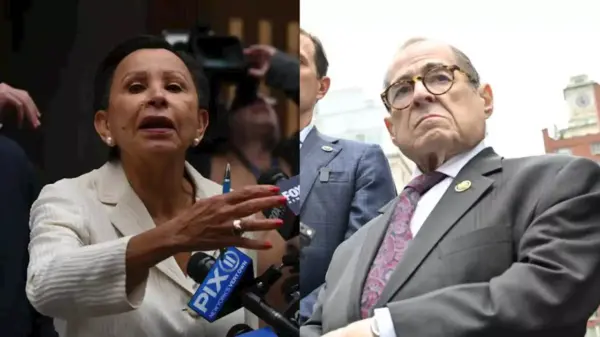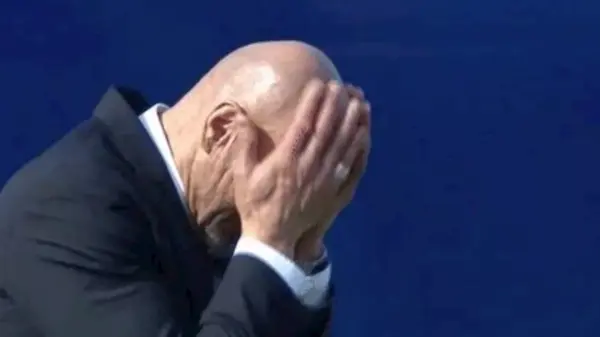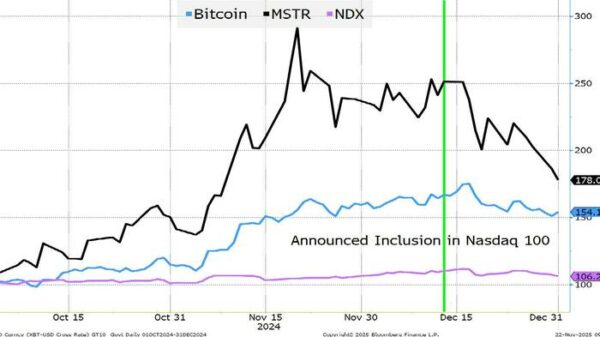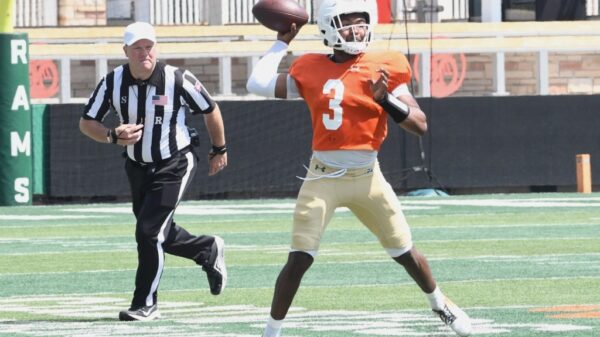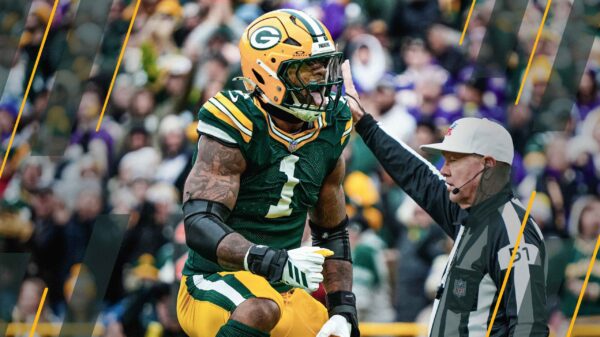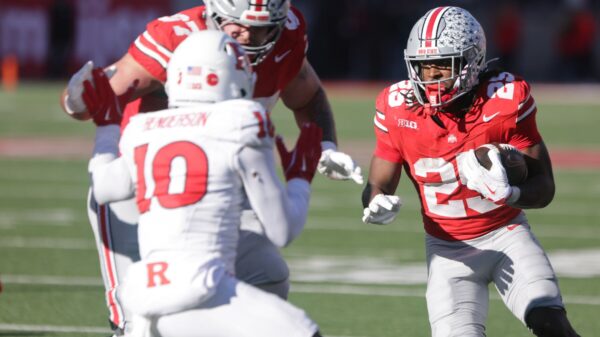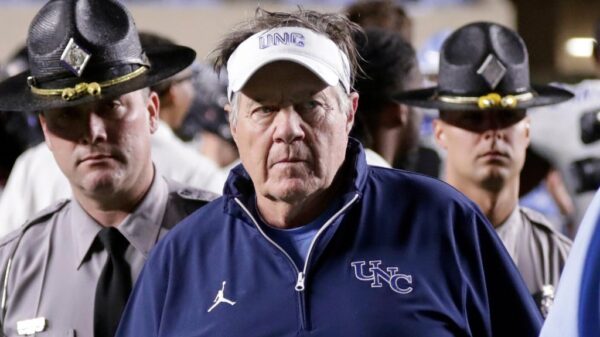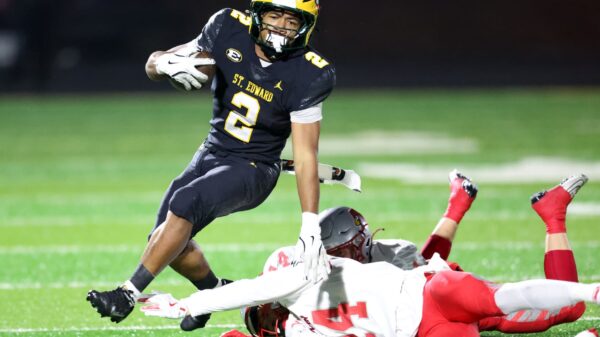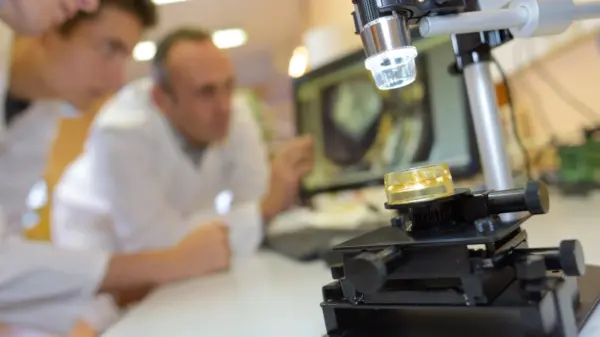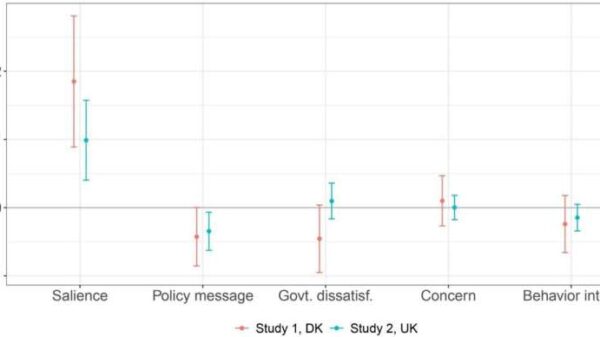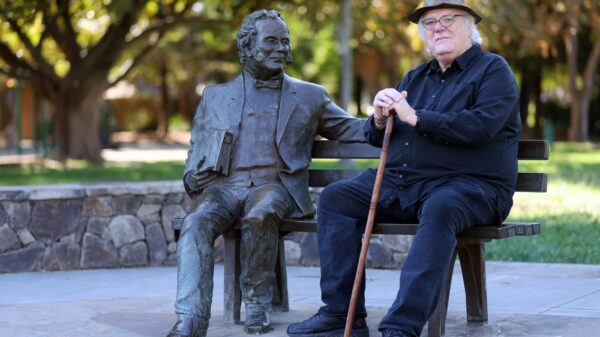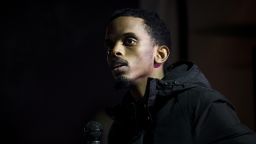UPDATE: Minneapolis voters head to the polls today for a critical mayoral election that could reshape the city’s policing landscape. With public safety and police reform at the forefront, the outcome will have immediate implications for the city’s future.
Since taking over the Minneapolis Police Department in 2022, Brian O’Hara has navigated through a crisis that began with the murder of George Floyd in 2020. The department, which saw its ranks plummet from over 900 officers to a mere 550, is now beginning to recover, surpassing 620 sworn personnel as of June.
Today’s election pits incumbent Jacob Frey against a diverse field of challengers, including progressive candidates Omar Fateh, Jazz Hampton, and DeWayne Davis. Polling indicates Frey is favored, yet Fateh remains a strong contender, advocating for significant changes to public safety.
Crime rates in Minneapolis have surged, and public trust in police remains fractured following high-profile incidents. Recent events, including a mass shooting at a homeless encampment, have heightened concerns among residents about safety and the effectiveness of law enforcement.
“It was, essentially, kind of a hopeless situation,” O’Hara stated. “The officers were traumatized. They were sitting in the station, only going out on calls.”
Critics argue that Frey has failed to implement the necessary reforms, while his supporters emphasize the need for more officers to manage rising crime. Fateh claims that nearly 47% of police calls could be redirected to other services, allowing law enforcement to focus on violent crime.
As the election unfolds, the candidates’ positions on policing have become a focal point. Frey has consistently rejected calls to “defund the police,” while Fateh has championed shifting some responsibilities away from the police to other city departments.
According to Michelle Gross, president of Communities United Against Police Brutality, the next mayor will play a crucial role in shaping police culture. “The future success of the police will come from building trust with the community,” she emphasized.
Following the conviction of Derek Chauvin and a federal investigation into police practices, Minneapolis is bound by a federal consent decree mandating reforms. These legal requirements will remain in effect regardless of who wins the election.
As Minneapolis residents cast their votes, the stakes could not be higher. The new mayor will have the power to influence policing policies and community relations profoundly, making today’s election a pivotal moment for the city.
Stay tuned for updates as results come in and the future of public safety in Minneapolis is determined.


